
In an effort to gather support for the coveted position, France's Minister of Finance Christine Lagarde and Mexico's Central Bank Chief Agustin Carstens have been travelling the globe and wooing leaders.
While we will look at why the position of managing director is so important for top players, let us first look at the history, role and criticism of not only IMF but also of the World Bank, an organisation closely linked to IMF.
...
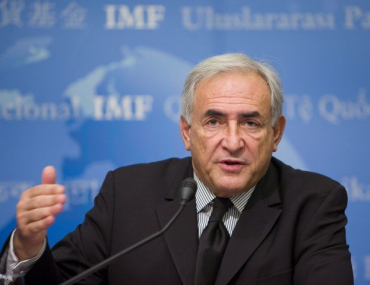
The International Monetary Fund and the World Bank were both created at an international conference convened by the United States at the Mount Washington Hotel, situated in Bretton Woods, New Hampshire, in July 1944.
Both are also collectively known as Bretton Woods sisters.
The goal of the conference was to establish a framework for economic cooperation and development that would lead to a more stable and prosperous global economy.
The IMF and the World Bank are institutions in the United Nations system. They share the same goal of raising living standards in their member countries.
Their approaches to this goal are complementary, with the IMF focusing on macroeconomic issues and the World Bank concentrating on long-term economic development and poverty reduction.
...
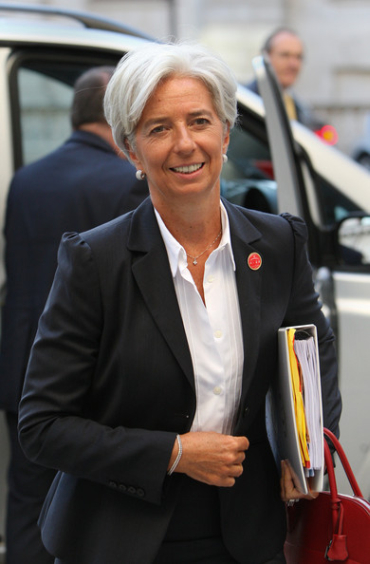
Both the IMF and the World Bank have 187 countries as members, and both are run by their member governments, but not on the basis of one-country-one-vote. Instead, governments have votes based on the amount of money they pay in to the organizations.
In this sense, they operate much like private corporations, except that the owners of shares are governments instead of individuals.
The US government has by far the largest share of votes in both the IMF and World Bank and, along with its closest allies, effectively controls their operations.
In 1998, the US held 18 per cent of the votes in the IMF and 15 per cent in the World Bank. Together, the United States, Germany, Japan, the United Kingdom and France control about 40 per cent of the shares in both institutions.
...
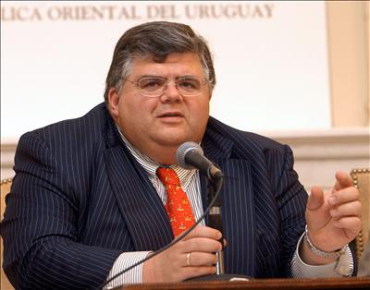
What the IMF and the World Bank do is lend money to governments. Because many governments, especially governments of poor countries, are often in dire need of loans and cannot readily obtain funds through financial markets, they turn to these institutions.
As a result, the IMF and the World Bank have great power, and are able to insist that governments adopt certain policies as a condition for receiving funds. In the division of functions between the IMF and the World Bank, the IMF provides funds to governments in immediate financial emergencies and the Bank provides funds for long-term development projects.
For example, when the financial crisis that developed in 1997 spread through several Asian countries, capital fled to safer havens.
The values of local currencies fell drastically relative to the dollar. Governments (and private firms) whose revenues were in their own local currencies could not meet their dollar obligations to international bankers.
This forced governments to turn to the IMF for funds to maintain the values of their currencies and meet their obligations to international banks.
Along with the loans, however, came conditions: the IMF's programme for economic stability.
The World Bank may receive fewer headlines, not being on the spot in crises, but over the long run it shapes the economies of countries where it makes loans.
Its loans cover a wide spectrum of projects, from large hydro-electric dams to local business training programmes.
...
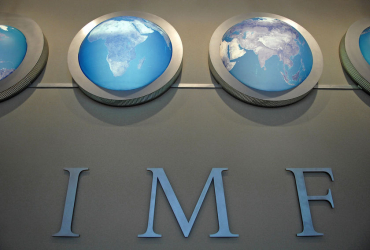
The IMF gets most of its money as subscriptions from member governments - the amount determining the number of votes each government has in running the operation.
When, in extreme circumstances, the IMF needs an especially large amount of funds, it can activate a line of credit it has established with governments and large banks.
The World Bank raises its money by taking loans from the private sector, operating through financial markets as would private firms or governments.
Because the Bank is backed by funds from member governments, it can obtain private funds at relatively low interest rates. It then turns around and loans this money to the governments of poor countries to support development projects.
In effect, the Bank allows governments of poor countries to borrow, through it, on the international capital markets and at lower rates than they could borrow were they to seek funds on their own.
...
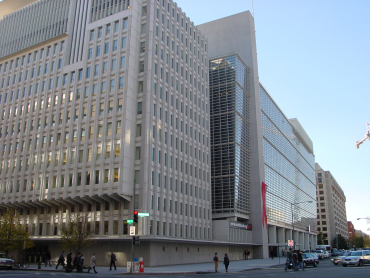
According to the Fund, the Managing Director: "Shall be chief of the operating staff of the Fund and shall conduct, under the direction of the Executive Board, the ordinary business of the Fund. Subject to the general control of the Executive Board, he shall be responsible for the organization, appointment and dismissal of the staff of the Fund."
He is assisted by a First Deputy Managing Director and two other Deputy Managing Directors. The managing director, who is elected for a five-year term, plays a crucial role on deciding the path of the Fund, in providing financial assistance to countries, in laying out policies and serves as the public face of the organization.
Meanwhile at the World Bank, the Board of Executive Directors and the president of the Bank - who serves as chairman of the board - are responsible for the conduct of the general operations of the Bank, oversee the work of the Bank on a daily basis, and perform their duties under powers delegated to them by the Board of Governors.
The directors meet twice a week in Washington, DC, to approve new loans and review bank operations and policies.
The president serves for a five-year, renewable term.
...
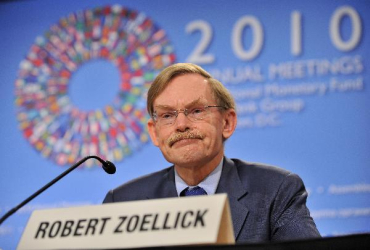
Apart from the position, he enjoys a good salary and perks. Based on former managing director Dominique Strauss-Kahn's contract, the IMF head receives $441,980 in salary, and it is a tax-free income, in addition, the MD receives a yearly allowance of $79,120 in monthly installments and that is separate from entertainment expenses.
All the travel and hotel expenses are paid by the organization, and, as if that is not enough, the managing director and a family member travel first-class.
Meanwhile, the president of the World Bank chairs meetings of the Boards of Directors and is responsible for overall management of the Bank.
World Bank president currently receives $441,980 in base salary and $284,500 in other benefits, plus the benefits like all-paid hotel stay, travel expenses, health costs, etc.
...
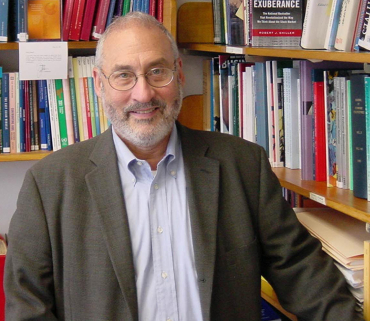
Critics say that the conditions placed on loans are too intrusive and compromise the economic and political sovereignty of the receiving countries.
For example, Joseph Stiglitz, a winner of the Nobel Prize in economics and former chief economist of the World Bank, writes that those conditions, often referred to as a whole as "conditionality", are not just the typical requirements that anyone lending money might expect the borrower to fulfill in order to ensure the money will be paid back.
Rather, Stiglitz says: "'Conditionality' refers to more forceful conditions, ones that often turn the loan into a policy tool."
Critics say that the IMF imposes policies on countries without understanding the distinct characteristics of the countries that made those policies difficult to carry out, unnecessary, or even counter-productive.
According to Stiglitz, for example, the economists of the IMF had a "one-size-fits-all" policy based on their academic training, which focused on economic models with unrealistic assumptions about how real-life economies work.
They say that the policies are imposed all at once, rather than in an appropriate sequence.
For example, the IMF demands that countries it lends to privatize government services rapidly - that is, sell them to private investors rather than operate the services itself - such as water supply and utilities.
Critics say that the IMF is not open to criticism or public oversight when working on these policies, leading to arrogance and a lack of connection to the reality on the ground in the affected countries.
For example, Stiglitz points out that the agreements between the IMF and borrower countries were always kept secret from the general public in those countries.
...
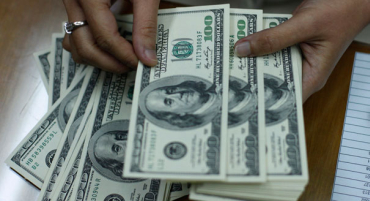
Race to the top
There are many positions that see intense lobbying, jostling and networking, but not many are as sought-after as head of IMF or World Bank. There are several reasons why these two posts are so lucrative, but the prime reason is that these positions provide power and authority on a global scale.
A managing director of IMF can not only provide a lifeline to a country via loan, they can also force the nation to drastically alter its economic policies, whether it is privatizing government-owned companies, lifting trade barriers or revaluing its currency.
This power to change the direction of a whole country is what attracts some of the brightest minds to jump into lobbying for the top post.
There are some positions that wield enormous power, like the chairman of the Federal Reserve, America's central bank, or head of the European Central Bank, but these posts do not have the global reach IMF or World Bank provides.
The attraction of power and influence is why there is always so much riding on these positions.
Then, of course, there is the huge tax-free salary and perks - and that does not hurt.
So, whoever wins the race to the top will lead a powerful and cozy life for the next five years at least.